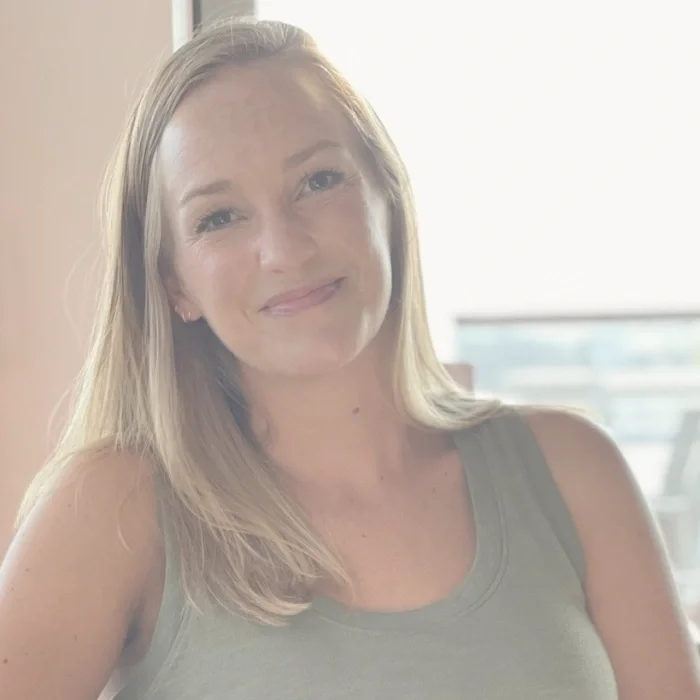The Power of “But” vs. “And” in Everyday Conversations
I’ve started noticing something small that shapes the way I think and feel: my use of the word but.
On the surface, it’s just a conjunction. Harmless, right? But the more I’ve paid attention, the more I’ve realized it can completely change the meaning of a sentence, especially when it comes to emotional nuance.
How “But” Changes the Story
When I use but, whatever came before it tends to shrink, while whatever follows it takes center stage.
“I’m proud of myself for speaking up, but I wish I’d said more.”
“I’m grateful for my job, but I’m exhausted.”
In each example, the first half of the sentence starts with something positive — pride, gratitude — then it gets quickly overshadowed. The listener (or my own brain) shifts focus to the part after but: regret, fatigue, disappointment.
This isn’t about being overly positive or ignoring hard feelings. It’s about recognizing that but can unintentionally make it harder for both truths to hold equal weight.
How “And” Creates Space
Replacing but with and changes the tone in a subtle and profound way:
“I’m proud of myself for speaking up, and I wish I’d said more.”
“I’m grateful for my job, and I’m exhausted.”
With and, both parts of the sentence matter. Both are valid. Both get to exist side by side without competing for attention.
Psychologically, and creates more space for complexity — which is exactly what most real-life situations require. Very rarely is something all good or all bad. We are often feeling multiple things at once, and giving language to that complexity can feel grounding, compassionate, and true.
In my own life, I see it daily. My golden retriever is joyful and a troublemaker. Parenting teenagers is hilarious and exhausting. We need each other and we need space. The and doesn’t cancel anything out — it makes space for the whole truth.
Life with our Indy reminds me of the power of “and” — joyful and messy, loving and complicated. Both can be true.
Why Language Matters for Connection
Our words are not just about communication — they also shape how we think and how we connect.
With ourselves: Choosing and over but can help us hold space for mixed emotions without rushing to minimize one or the other.
With others: It can shift a conversation from feeling like a contradiction to feeling like an invitation to understand the full picture.
In therapy, I see this small shift create moments of relief. Clients often realize they can be both grateful and tired, confident and nervous, happy and grieving. One doesn’t cancel the other out.
Try It for a Week
This week, pick one conversation — with a friend, partner, or even yourself — and replace a single but with and.
Notice:
Does the sentence feel different in your body?
Does it invite more compassion?
Does it make it easier for both truths to stand?
Sometimes the smallest shifts in language can open the biggest doors to self-awareness and connection.
Final Thought
But can feel like a dismissal. And feels like an embrace.
you might also like:
This article was written by Katie Walker.


